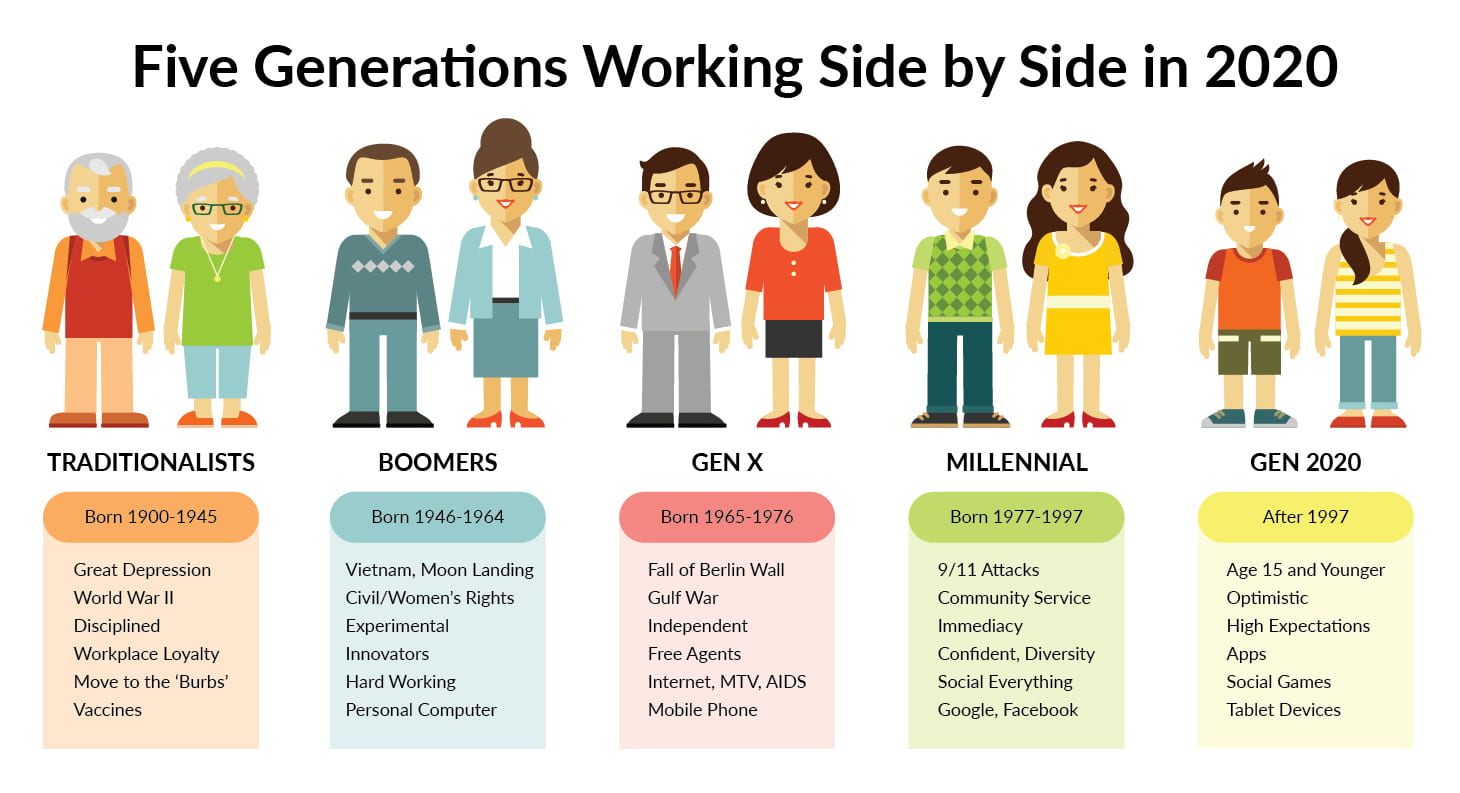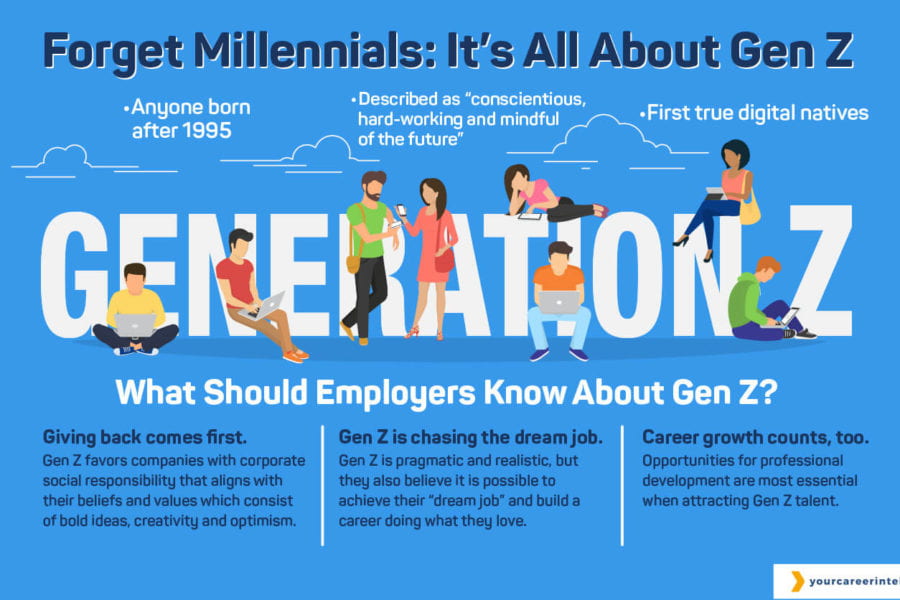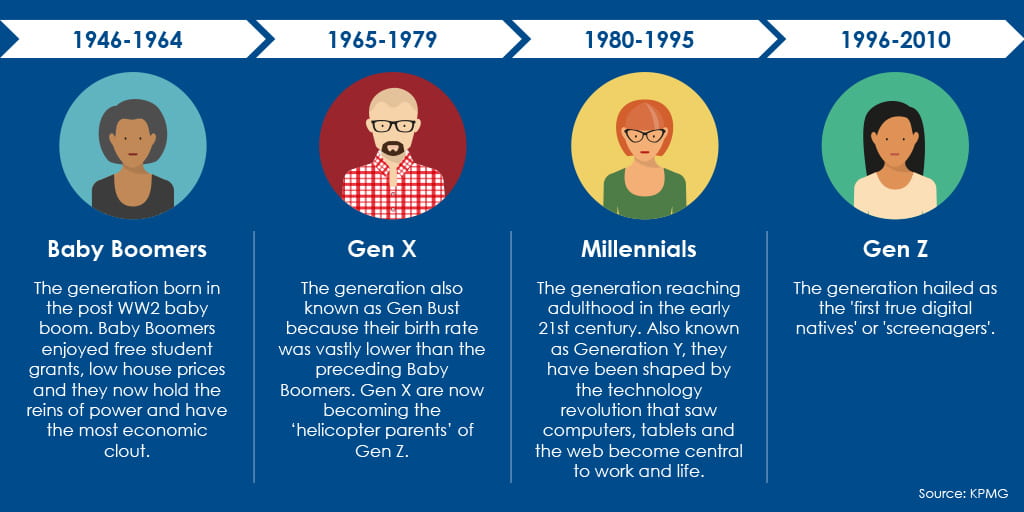See :
https://psychology.wikia.org/wiki/Demographic_characteristics
DEFINITION of ‘Demographics’
Studies of a population based on factors such as age, race, sex, economic status, level of education, income level and employment, among others. Demographics are used by governments, corporations and non-government organizations to learn more about a population’s characteristics for many purposes, including policy development and economic market research.
Demographic trends are also important, as the size of different demographic groups will change over time as a result of economic, cultural and political circumstances.
DEFINITION of ‘Market Research’
The process of assessing the viability of a new product or service through techniques such as surveys, product testing and focus groups. Market research allows a company to discover who their target market is and what these consumers think about a product or service before it becomes available to the public.
BREAKING DOWN ‘Target Market’
Not all products and services are meant for all types of consumers. In fact, companies may tweak certain aspects of a product, such as the amount of sugar in a soft drink, so that it is more likely to be purchased by consumers with varying tastes. Creating the target market may require the use of limited product roll-outs and focus groups, allowing product managers to get a feel for which aspects of the product are the strongest.

Read more: Target Market Definition | Investopedia http://www.investopedia.com/terms/t/target-market.asp#ixzz3z9ZF3KEc
Read more: Market Research Definition | Investopedia http://www.investopedia.com/terms/m/market-research.asp#ixzz3z9Yv37hb
Read more: Demographics Definition | Investopedia http://www.investopedia.com/terms/d/demographics.asp#ixzz3z9Yg6wEi
___________________________________________________________________________
Generation Groups
From Wikipedia;
A Generation is also often used synonymously with cohort in social science; under this formulation it means “people within a delineated population who experience the same significant events within a given period of time”.[1] Generations in this sense of birth cohort, also known as “social generations”, are widely used in popular culture, and have been the basis for sociological analysis. Serious analysis of generations began in the nineteenth century, emerging from an increasing awareness of the possibility of permanent social change and the idea of youthful rebellion against the established social order. Some analysts believe that a generation is one of the fundamental social categories in a society, while others view its importance as being overshadowed by other factors including class, gender, race, and education, among others.
http://fourhooks.com/marketing/the-generation-guide-millennials-gen-x-y-z-and-baby-boomers-art5910718593/







